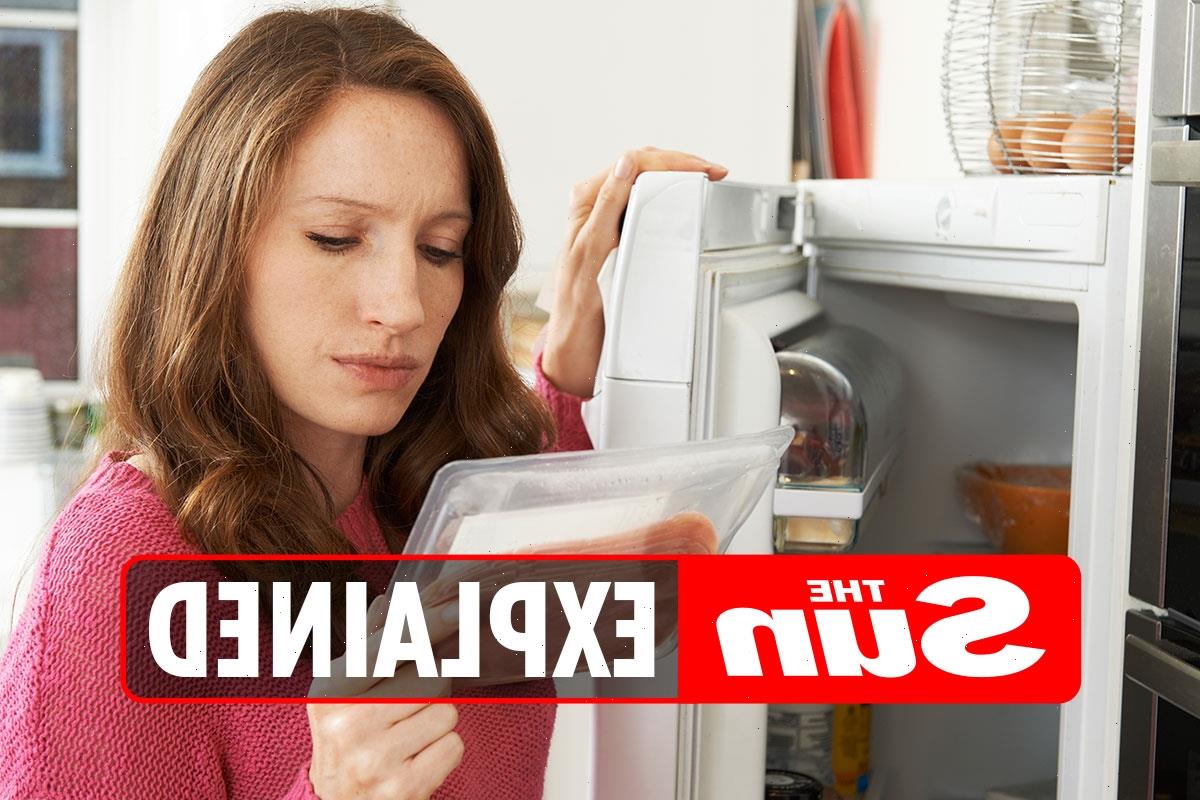SHOPPERS have admitted they don't know the difference between "use by" and "best before" dates on supermarket staples.
But it's important to know when you can consume food, and when it is best to be binned – we explain what each one means.
Morrisons has divided shoppers after announcing it will scrap "use by" dates on milk in favour of the "sniff test".
The supermarket said it will put a "best before" label on the product instead – and urge shoppers not to chuck away milk without smelling it first.
Morrisons said the move is intended to reduce food waste as millions of pints of milk are unnecessarily thrown away each year.
But not all shoppers were impressed, with one pointing out that a loss of smell is a common Covid symptom, which could render the "sniff test" impossible.
Here's our guide to understanding the common yet confusing labels on your supermarket shopping.
Most read in money
LIFE CHANGING 
Lotto numbers revealed for huge £7.7 million jackpot & Thunderball draw

Thousands of households facing energy bill rise of up to £3,700 a year in weeks

Queen's Jubilee Bank Holiday loophole: Book 3 days' holiday to get NINE off work

I won my dream home for just £16… & I NEVER have to pay a penny on the mortgage
'Use by' date
Put simply, "use by" dates are about food safety while "best before" dates advise shoppers about product quality.
According to the Food Standards Agency, you must not eat, cook or freeze food and drink items past their "use by" date.
That's because they've gone off – and may have developed bacteria, which could make you ill.
The Agency adds: "The food could be unsafe to eat or drink, even if it has been stored correctly and looks and smells fine."
Still, you can freeze dozens of household staples from meat to milk if you want to avoid getting caught out by the crucial date.
'Best before' date
What often baffles shoppers are the less stern but nevertheless important "best before" dates found on supermarket products.
These are about food quality – not safety.
So you can trust your own judgment whether a food item past its "best before" date is still safe to eat.
But don't expect it to be as fresh as it once was.
The Food Standards Agency states: "The food will be safe to eat after this date but may not be at its best.
"Its flavour and texture might not be as good."
Food eaten after that date shouldn't make you ill – just a bit disappointed, maybe.
'Display until' and 'sell by' dates
Shoppers can be forgiven for checking these before buying, as they're common in supermarkets.
However, they're simply guidance for shop staff and say nothing about an item's quality or food safety.
All these labels indicate is a store's stock control.
They're not a legal requirement, either.
Stick to "use by" and "best before" at the supermarket – and remember the difference.
Here's our updated list on which supermarket staples are going up in price as the cost of living crisis bites.
Yellow sticker shopping has become more sensible than ever.
And if you're feeling lucky, Cadbury's has hidden chocolate eggs across the UK – with a £10,000 prize up for grabs.
Source: Read Full Article

